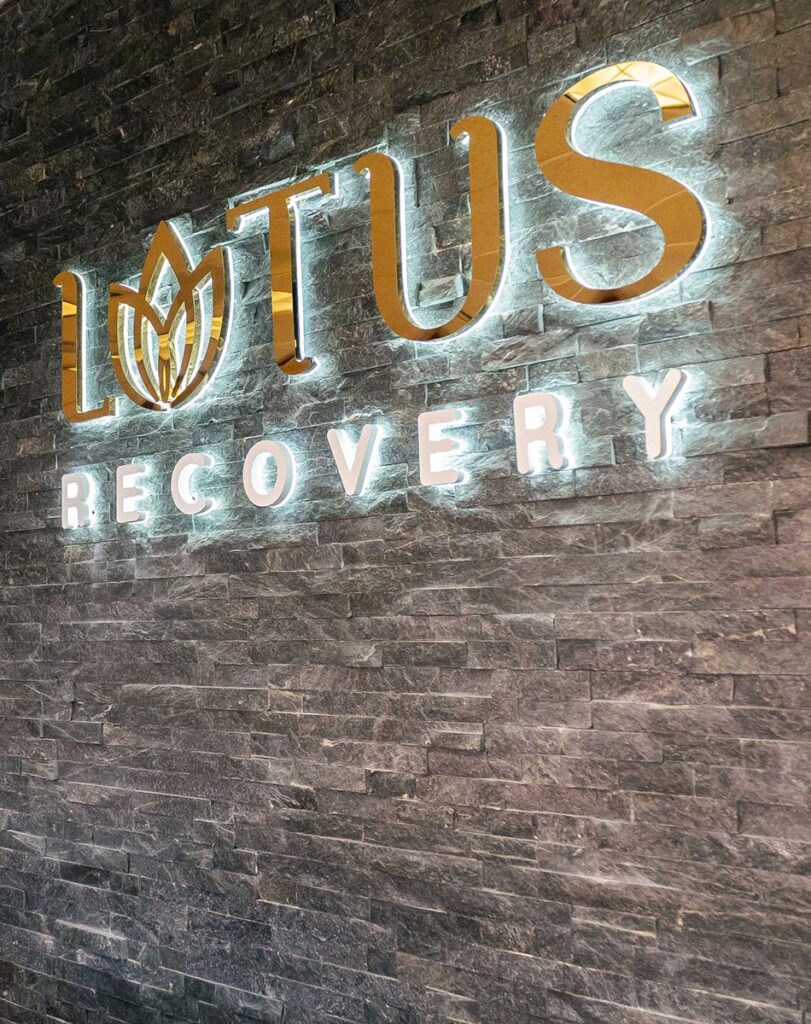Strengthening Bonds and Rebuilding Trust
Family therapy is a type of psychotherapy that focuses on improving relationships among family members. While you may have heard about family therapy for issues such as grief/loss, adjusting to a new life change or relationship conflicts, they also exist for substance use and mental health disorders.
For instance, addiction is a family disease, affecting each member in the unit. As a result, it’s not uncommon for family members to engage in unhealthy behaviors that contribute to substance use. When families receive the support, guidance and education they need, they learn how to create a healthier, happier home that is conducive to recovery, helping to break the cycle of addiction.
The same is true for mental health disorders. If someone in the home has depression or anxiety, the effects often trickle down to other family members. Mental health issues can lead to emotional strain on the family, poor coping mechanisms and role changes, such as children taking on caregiving roles while parents become overly involved in an adult child’s life.
Family therapy takes place with a trained mental health professional who has specialized knowledge in working with families. Some of the issues they can help with are stress, anger, communication issues, trauma or coping. To learn more about family therapy and how it can help support the recovery process, contact Lotus Recovery today.
The Impact of Addiction and Mental Health on Families
There was a time when people believed addiction or mental health issues to be individual problems, affecting only the person in distress. However, we now know that this is not the case. Mental health and substance use disorders affect the entire unit. Here are some of the impacts they can cause:
- Financial obstacles
- Lack of boundaries
- Disrupted relationships
- Neglecting responsibilities
- Role changes
- Stigma and shame
- Poor coping mechanisms
- Increased risk of substance use

Examples of Unhealthy Family Roles
Family roles are crucial as they can significantly impact the well-being of individuals with substance use or mental health problems and the overall family dynamic. Here are some examples of family roles that exist in households with addiction and/or mental health issues:
- Person with substance use/mental health disorder. This is the person who is misusing drugs or alcohol and/or struggling with their mental health. They are the focal point of the family.
- Caretaker. Also known as the enabler, this is the person who is protective of the person with addiction or mental health problems. They tend to make excuses for their loved one and may take on additional roles to keep peace in the household.
- Hero. Similar to the caretaker, the hero does everything in their power to keep the family together. However, they end up enabling the person experiencing substance use or mental illness. They tend to appear “perfect” to outsiders but suffer in silence.
- Scapegoat. The scapegoat is also known as the problem child, as they tend to display defiant behaviors at school, work or home. They often draw attention to themselves and may be hostile toward their family. Without intervention, these children often go on to develop their own unhealthy ways of coping.
- Mascot. Because families with mental health challenges are often intense, the mascot aims to provide comedic relief to the unit. They try to make light of certain situations and tell jokes to alleviate stress. However, this can be an exhausting coping tool that stops the person from realizing the full effects of the issues at hand.
- Lost Child. The Lost Child is the family member who is quiet and alone. They tend to be younger siblings in the family that blend into the background due to the chaos they are living in. Even though they can be easily overlooked, the Lost Child often struggles with their own relationships and emotional attachments.

Importance of Therapy for Families with Substance Use or Mental Health Disorders
As you can see, substance use and mental health affect the family unit as a whole. Fortunately, there are ways for families to work through their struggles and come together stronger, creating a safer and healthier place for everyone. Family therapy helps families heal by:
- Understanding and addressing family dynamics
- Identifying dysfunctional patterns
- Enhancing communication skills
- Expressing emotions in a healthy way
- Building a supportive environment
- Preventing relapse
- Recognizing codependency
- Promoting independence
- Restoring trust and fostering forgiveness
Lotus Recovery Supports Families From All Walks of Life
Contact us today to learn more about family therapy in Thousand Oaks. This is an invaluable component of recovery that can break cycles for future generations.
